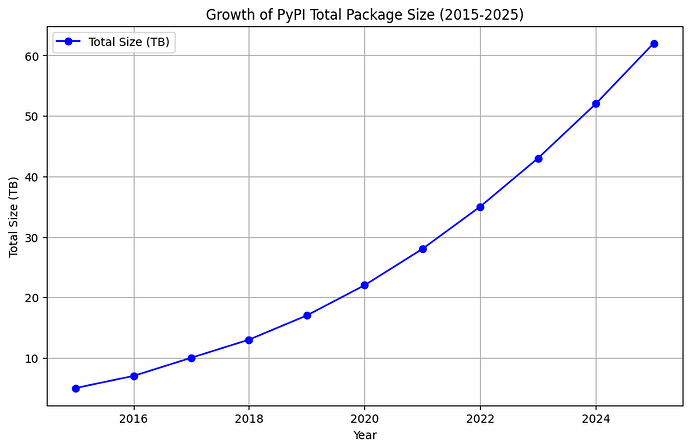Intro to the Zig Programming Language • Andrew Kelley • GOTO 2022
I continue to like what I’m seeing in Zig …
Notes:
- A general-purpose programming language and toolchain for maintaining robust, optimal, and reusable software.
- increase the utility of the commons
- referenced a quote from the author of the mold linker
- re-examine the fundamental building blocks of software
- example:memory allocation – we pass allocators around
- example: dependency on libc
- raise the standards of software as a craft
- tooling such as zig cc
- robust, high-performance open source libraries
- not only Zig but all languates via the C ABI
- provide guidance to students in ethics and skills
- Moto: Maintain It With Zig
- Level 1: drop in zig cc
- How Zig is used at Uber
- good defaults
- undefined behavior by default
- cross-compilation
- zig cc -o hello hello.c -target x86_64-windows
- zig cc -o hello hello.c -target aarch64-macos
- zig c++ o hello.cpp
- zig cc -o hello hello.c -target aarch64-linux-gnu.2.31
- zic cc -o hello hello.c -target aarch64-linux-musl (statically linked, works on any distro)
- built-in caching
- trivial installation
- Level 2: zig build
- build.zig file
- coming soon – package manager, fulfilling C/C++ dependencies
- Level 3: Write a component in Zig
- easy to mix C and Zig code
- LTO (optimizer)
- Level 1: drop in zig cc
- How to predict the future
- Non-Profits vs VC-backed Startups vs Private companies
- Zig Software Foundation
- we have achieved financial stability
- we have released a useful working product
- happy, talented, self-directed staff
- ambitious roadmap
- secure future
- board or directors is the boss – when Andrew is gone, it will continue to operate
- Zig in Action
- Zig is general-purpose, which means it gives you the tools to generate the best possible machine code for the target, whether it is hardware or a virtual machine.
- This makes it applicable to anything resembling a Vonn Neumann machine
- But there are some cases where Zig truly excels thanks to its conservative language design choices.
- Rive Window Manager
- Bun – javascript runtime
- Why is Bun fast? An enormous amount of time spent profiling, benchmarking and optimizing things. The answer is different for every part of Bun, but one general theme: Zig’s low-level control over memory and lack of hidden control flow makes it much simpler to write fast software. Sponsor the Zig Software Foundation.
- Zigler - Elixer – use Zig in Elixer
- VFX Plugins
- Digital Audio Workstation
- Mach game engine and graphics toolkit
- Zig-Gamedev
- TigerBeetle
- Unmanned store in Sillerud
- reports there were zero bugs
- Zig Embedded Group
- MicroZig – hardware abstraction layer
- BoksOS
- WASM-4 Games
- Taste of Zig
- ArrayList
- a few orthogonal concepts that work together
- users don’t spend much time fighting the language
- Inline Loops
- InlineLoops
- AutoArrayHashMap
- Zig uses generics, meta programming, and reflection a lot
- unit tests automatically detect memory leaks
- MultiArrayList
- C Integration
- example of cross compiling
- builds all dependencies like SDL
- Summary
- Zig Software Foundation is a non-profit organization dedicated to improving the craft of software engineering as a whole.
- Zig is a C/C++ compiler toolchain and build system that can be used to simplify maintenance of your existing projects.
- Zig is a simple, powerful programming language that excels in the most demanding environments.


